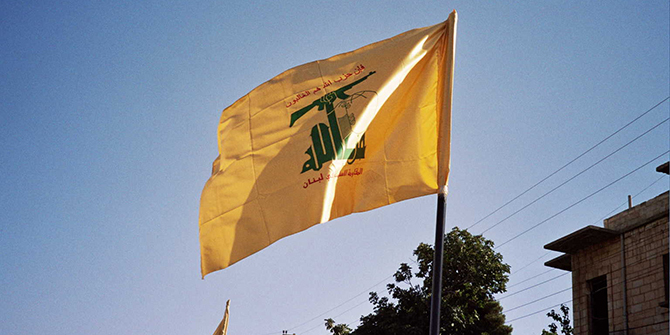By Masood Ahmed
Nearly one year into the Arab spring, the Middle East and north Africa region remains in a state of flux and is bracing itself for a transition lasting several years.
Although the long-term benefits of this historical transformation are indisputable, economic and social pressures are building on the region’s oil-importing countries, and the worsening international economy will only exacerbate these strains.
These countries are expected to grow at a mere 1.4 per cent this year and only a modest recovery seems on the cards for 2012. This economic slowdown is pushing up already high unemployment rates at the same time that social demands are rising.
Governments across the region have responded to social pressures by increasing subsidies and other income transfers to help cushion the impact on households. While useful as an immediate and temporary measure, this has contributed to a further widening of fiscal deficits, to an average of more than 8 per cent of gross domestic product for the oil-importing countries, as well as crowding out their investments and other priority spending needs.
The political transition is also turning out to be more prolonged in some countries and the associated uncertainty will continue to weigh on investor sentiment and growth, while raising further spending pressures as well as borrowing costs and public debt.
On the upside, the recent elections in Tunisia and the ending of civil conflict in Libya are both important milestones for alleviating uncertainty and signalling progress in the transition.
Even so, it is clear that 2012 will be a challenging year for the region’s oil-importing countries as they try to maintain social cohesion without risking macroeconomic stability. Their own reserve buffers have been partly depleted. As a first line of defence, governments have been borrowing mainly in domestic financial markets to meet their expanded deficits; this has put pressures on domestic interest rates and the availability of credit for their private sectors.
A substantial share of the $50bn or more of government financing they will need next year will have to come from abroad. Capital markets are likely to provide only a small portion of these funds – and at a higher cost. Official financial support will therefore be essential for some countries.
The International Monetary Fund could make about $35bn available to the region’s oil importers, if requested, in addition to the $38bn pledged by international and regional financial institutions. It will be equally important, however, that this financing be provided within a medium-term policy framework that ensures macroeconomic and debt sustainability.
Alongside financing, there are two sets of pressing policy actions for MENA oil importers themselves.
First, across the region countries need to start building consensus for some difficult and urgent fiscal choices. Some additional spending to protect the vulnerable is indeed necessary in the short term, but needs to be designed such that it can be unwound later to sustainable levels in order to limit its long-term fiscal consequences. Moving soon to better targeted subsidies and transfers will also help free resources for investment in infrastructure, education and health for the neediest.
Second, it is not too early to start a national dialogue on how inclusive and job-creating growth will be embedded in each country. There is a healthy popular reaction against what was wrong with past economic management, but soon the debate will need to be framed around crucial economic and social choices for the future. Early consensus on some important parameters will help to restore confidence and promote investment.
At the same time, the rest of the world should do its part to contribute to the success of this agenda by listening to the region’s collective voice and by providing support, including financing, technical assistance and market access.
Despite inevitable setbacks and uncertainty, the promise of the Arab spring – improved living standards and a more prosperous future for the people of the region – is clear and attainable. Astute policymaking and timely international support can help the region navigate the current challenges and emerge stronger.
This article first appeared in the Financial Times.
 Masood Ahmed is director of the IMF’s Middle East and Central Asia department. He obtained his graduate and post-graduate degrees in Economics from the LSE, where he also served on the economics faculty. He is a member of the Middle East Centre’s Advisory Board.
Masood Ahmed is director of the IMF’s Middle East and Central Asia department. He obtained his graduate and post-graduate degrees in Economics from the LSE, where he also served on the economics faculty. He is a member of the Middle East Centre’s Advisory Board.




